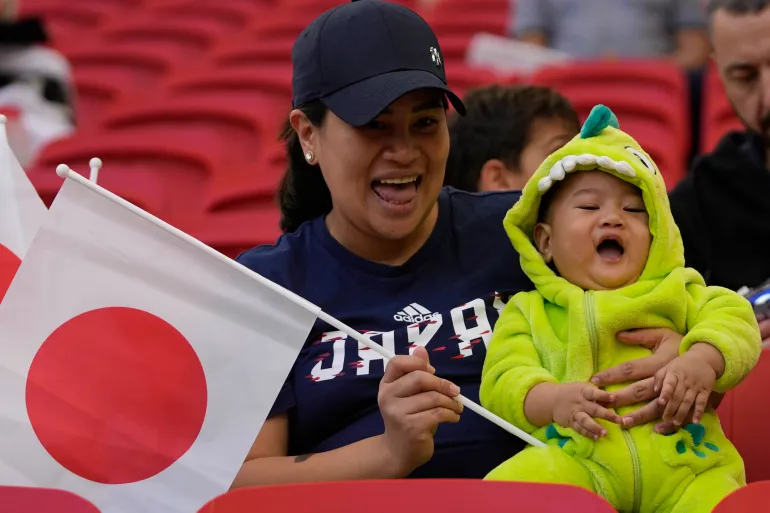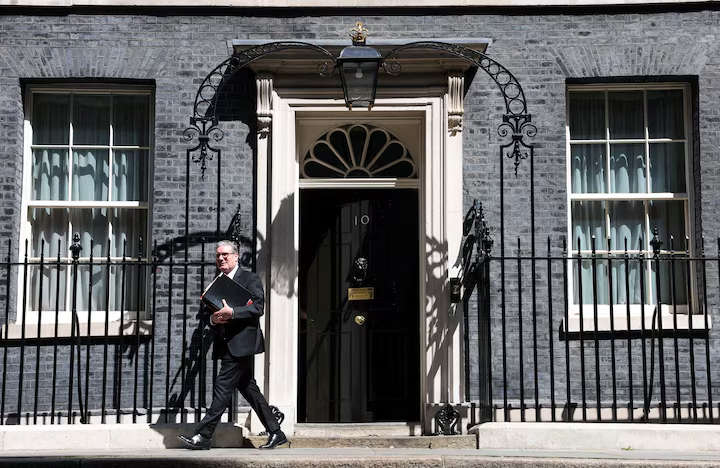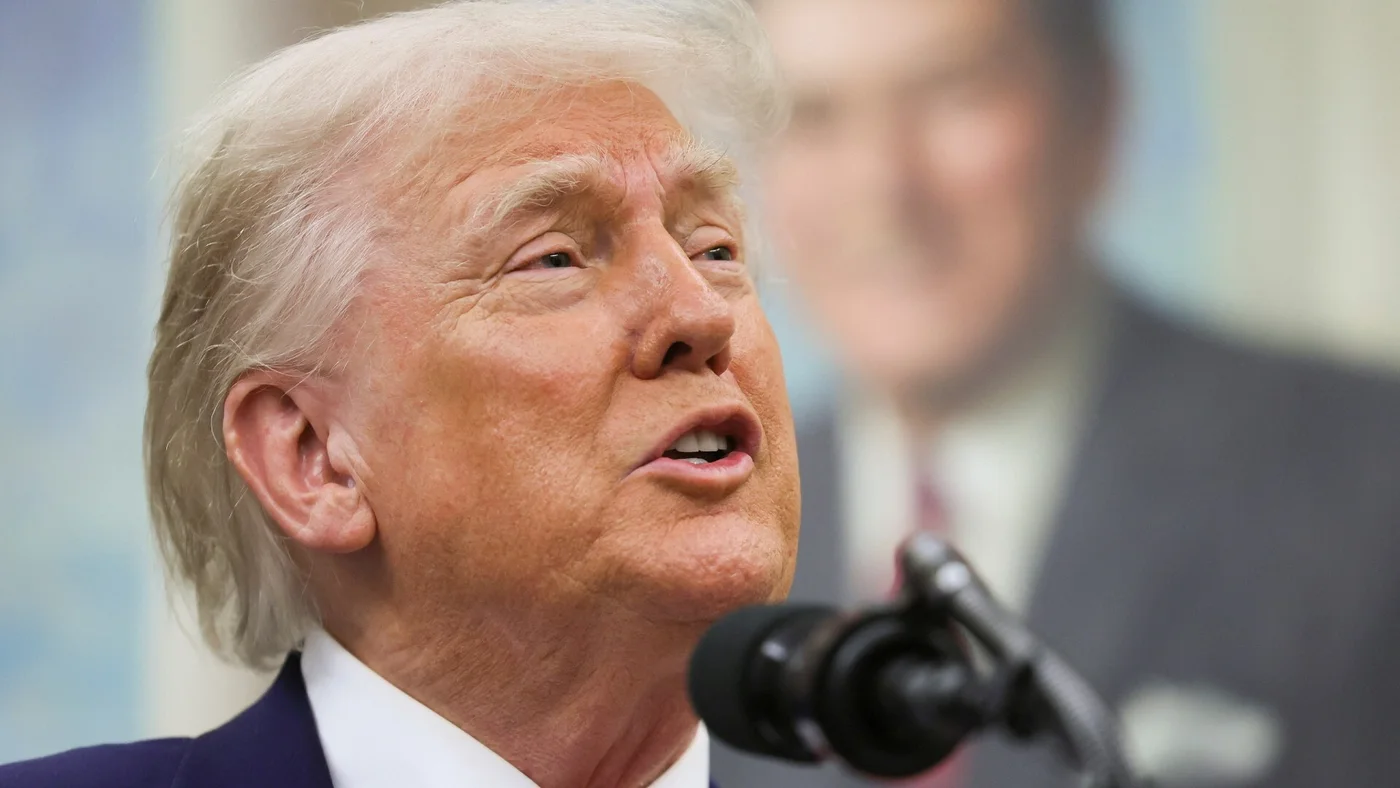Japan’s government is preparing to restrict the registration of highly unconventional and whimsical baby names—often referred to as “kirakira names,” or “glittery names”—citing concerns over administrative confusion, social integration, and the emotional burden such names may place on children.
The proposed changes to Japan’s Family Register Law were revealed on June 3, following years of public debate and criticism surrounding names that stray too far from traditional norms. These include names derived from pop culture, obscure kanji readings, or those that sound humorous or jarring, such as “Pikachu” or “Princess.”
The Ministry of Justice, which oversees the country’s family registration system, said the legislation would allow local authorities to reject name registrations if the kanji characters are deemed “socially unacceptable” or their readings cause “significant confusion.”
Justice Minister Ryuji Koizumi defended the move, stating, “We must ensure that names maintain a standard of social recognizability and do not create unnecessary complications for children in the future.”
While Japanese naming conventions have historically drawn from a pool of culturally meaningful kanji with clear pronunciations, recent decades have seen a rise in highly personalized or stylized names. These often use rare kanji or apply unusual readings to familiar characters—sometimes chosen for aesthetic value rather than readability.
One example cited in local media is the name “光宙” (literally “light” and “space”), which some parents have read as “Pikachu.” Others include names that sound like foreign words or fictional characters, leading to bureaucratic difficulties in schools, hospitals, and legal documentation.
A recent government survey found that over 70% of respondents support placing limits on such names, particularly when they complicate pronunciation, hinder communication, or draw ridicule. Critics say children burdened with outlandish names may face bullying or discrimination as they grow older.
The Japan Pediatric Association also endorsed the reform, warning that overly eccentric names could negatively impact a child’s psychological development and social acceptance. “Names are not just personal expressions—they play a role in shaping identity and public perception,” said Dr. Akiko Tanaka, a child development specialist.
Under the proposed system, parents would still have wide latitude in choosing names, but local registration offices would be granted discretion to reject names deemed incompatible with the spirit of the law. The Ministry plans to issue detailed guidelines on acceptable kanji and readings.
However, some opponents of the move argue that the restrictions may infringe on personal freedoms. Civil rights advocates warn that the law could be applied inconsistently or stifle cultural evolution in naming practices. “What is ‘confusing’ today could be mainstream tomorrow,” said Shunsuke Yamamoto, a legal scholar at Tokyo University.
The debate highlights a broader generational divide in Japan. Younger parents often seek to give their children unique identities through creative naming, while older generations emphasize conformity and readability. With Japan facing declining birth rates and shifting cultural values, naming has become a flashpoint in the country’s evolving identity.
The government expects to introduce the bill in the National Diet later this year, with implementation likely in 2026 if passed. In the meantime, authorities are encouraging parents to consult with local offices to ensure name choices meet administrative standards.
As Japan moves to regulate kirakira names, the proposal raises a fundamental question: how far should a society go in defining identity through regulation, and where should personal expression begin and end?
Source; Al Jazeera



